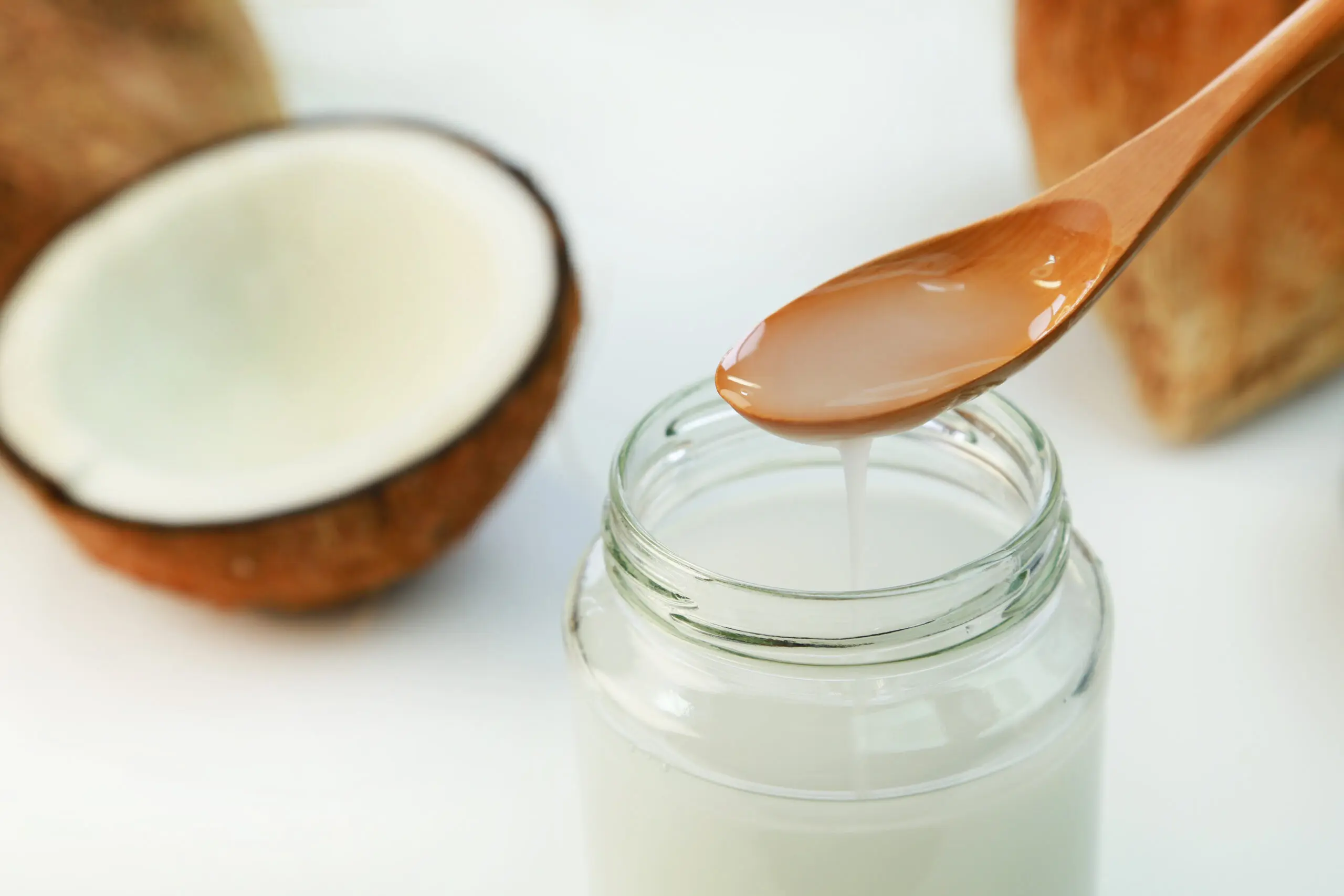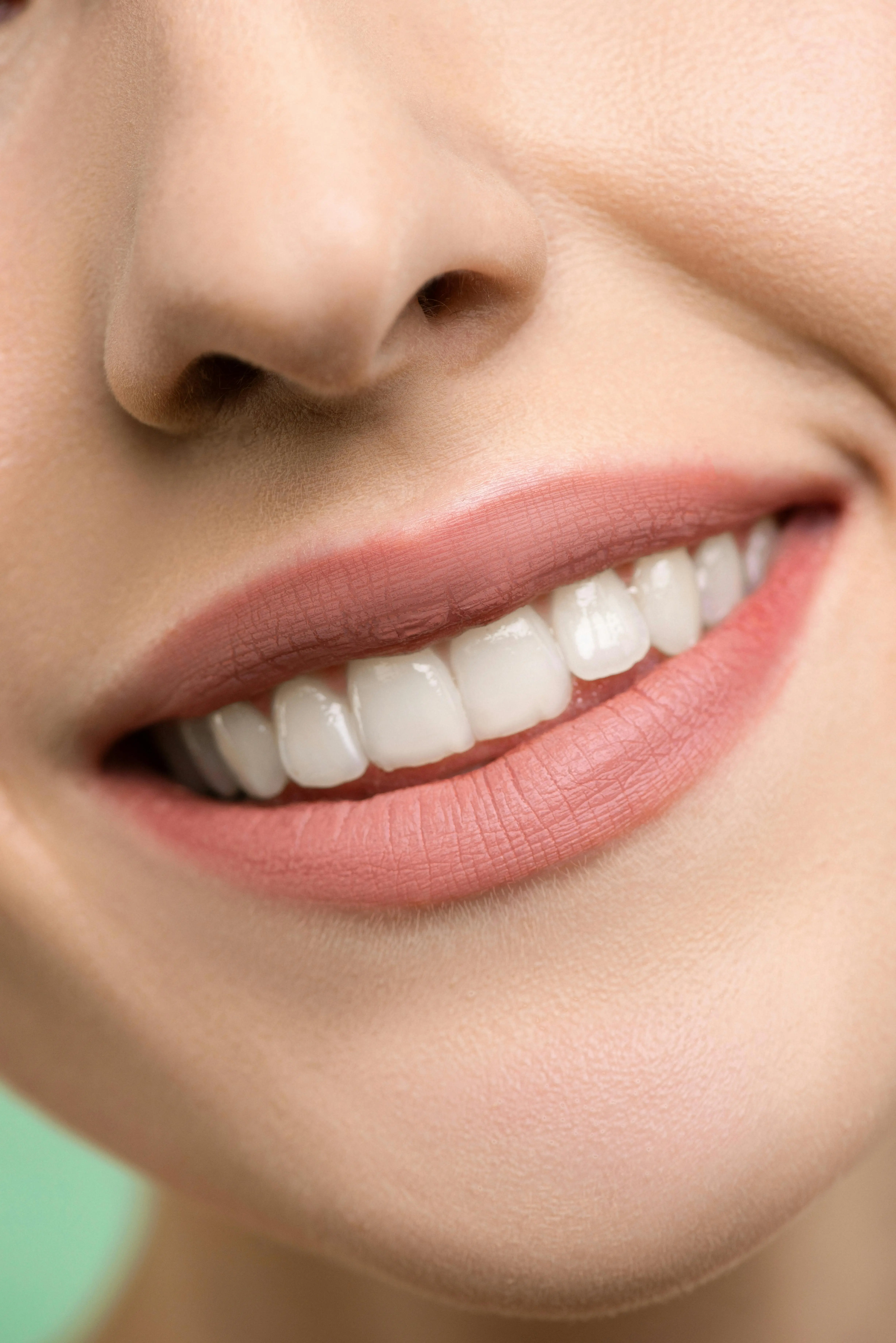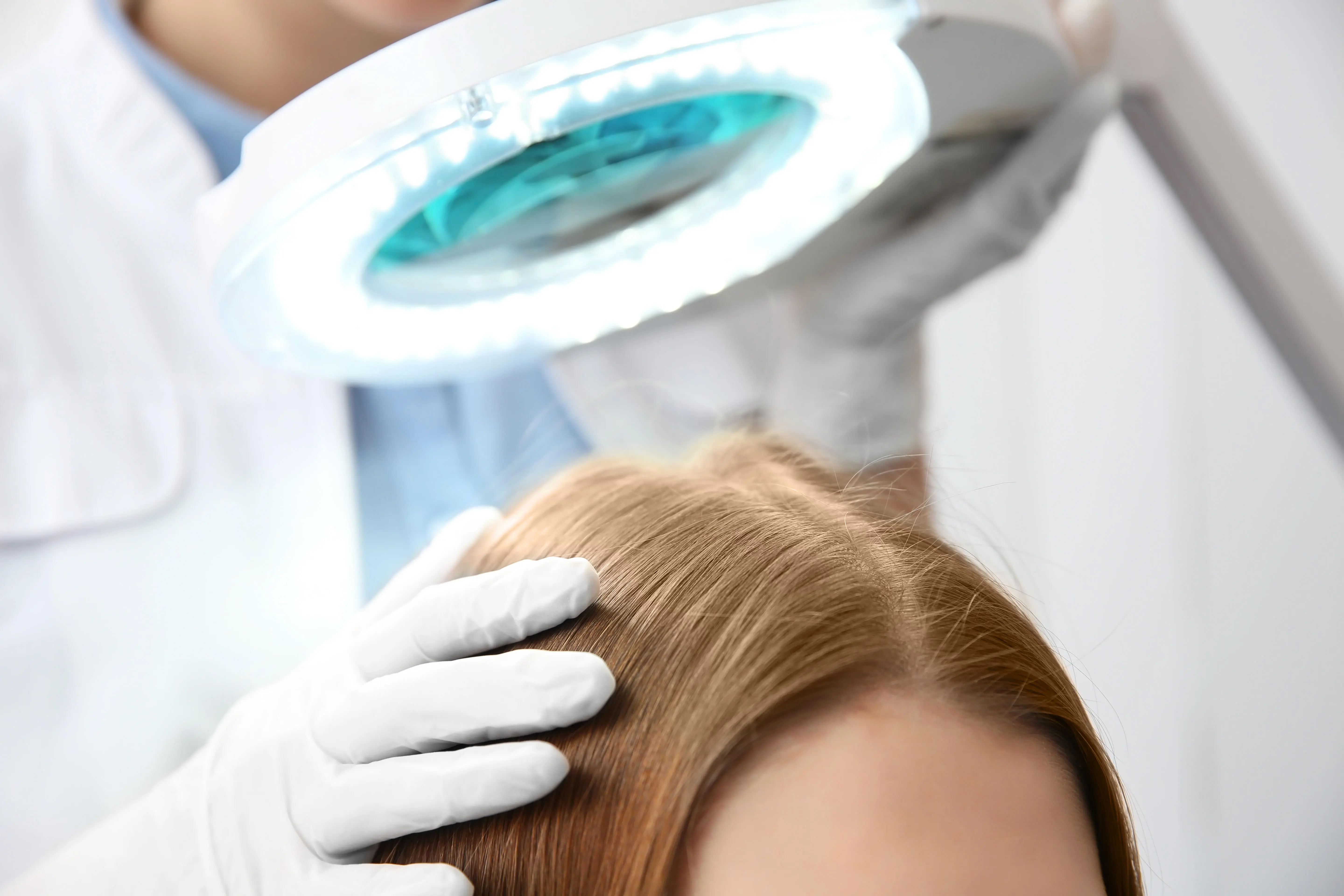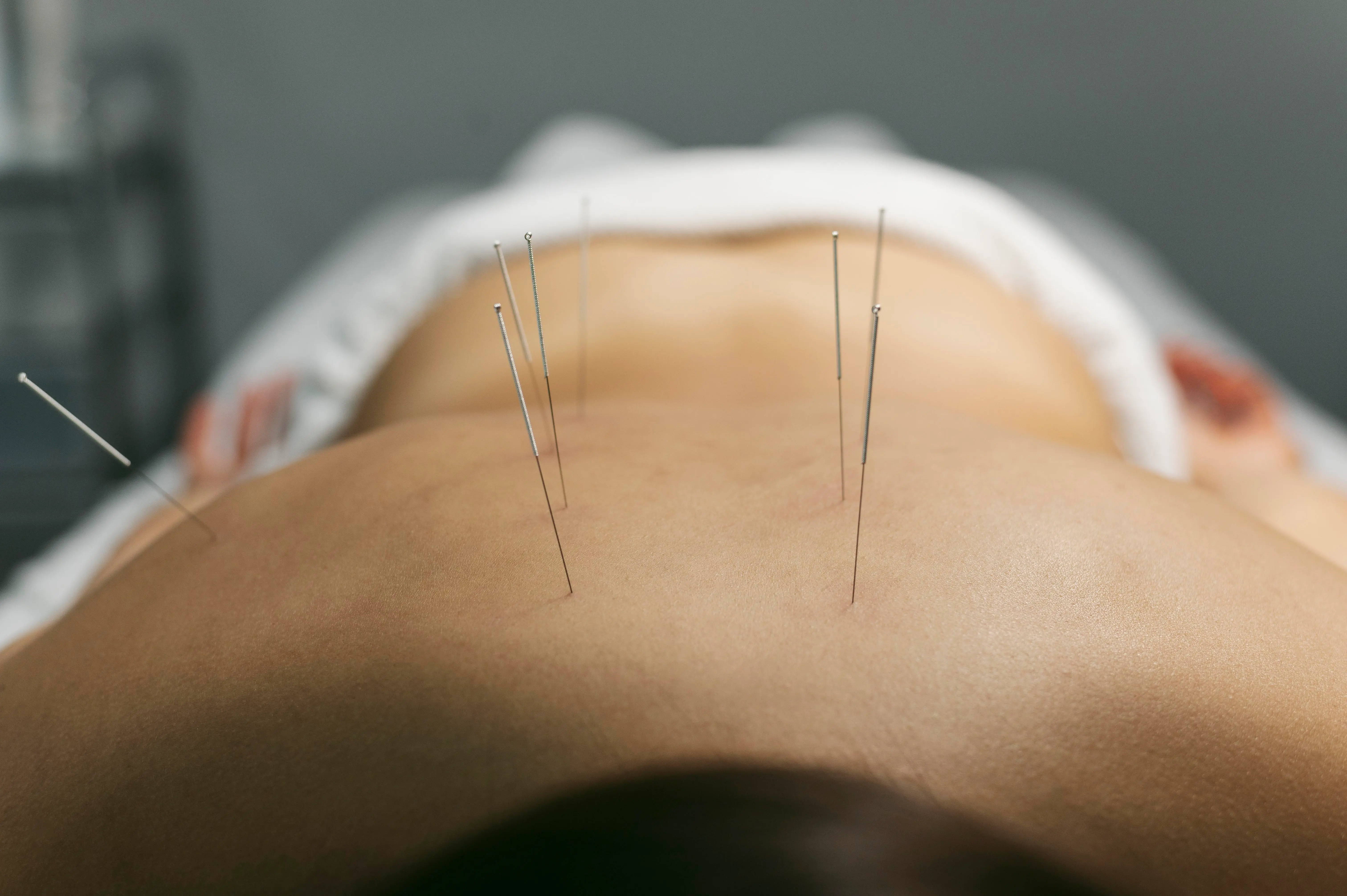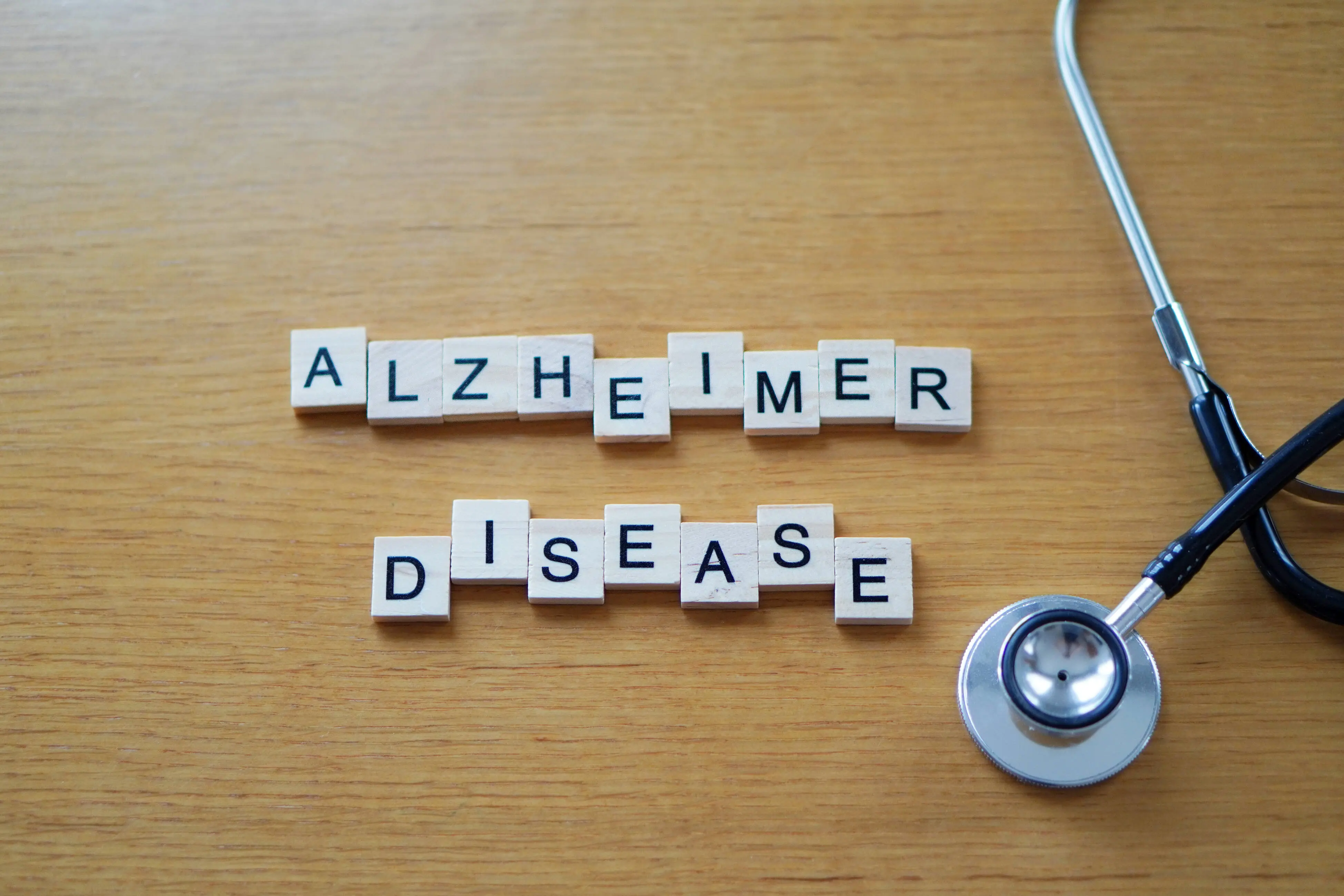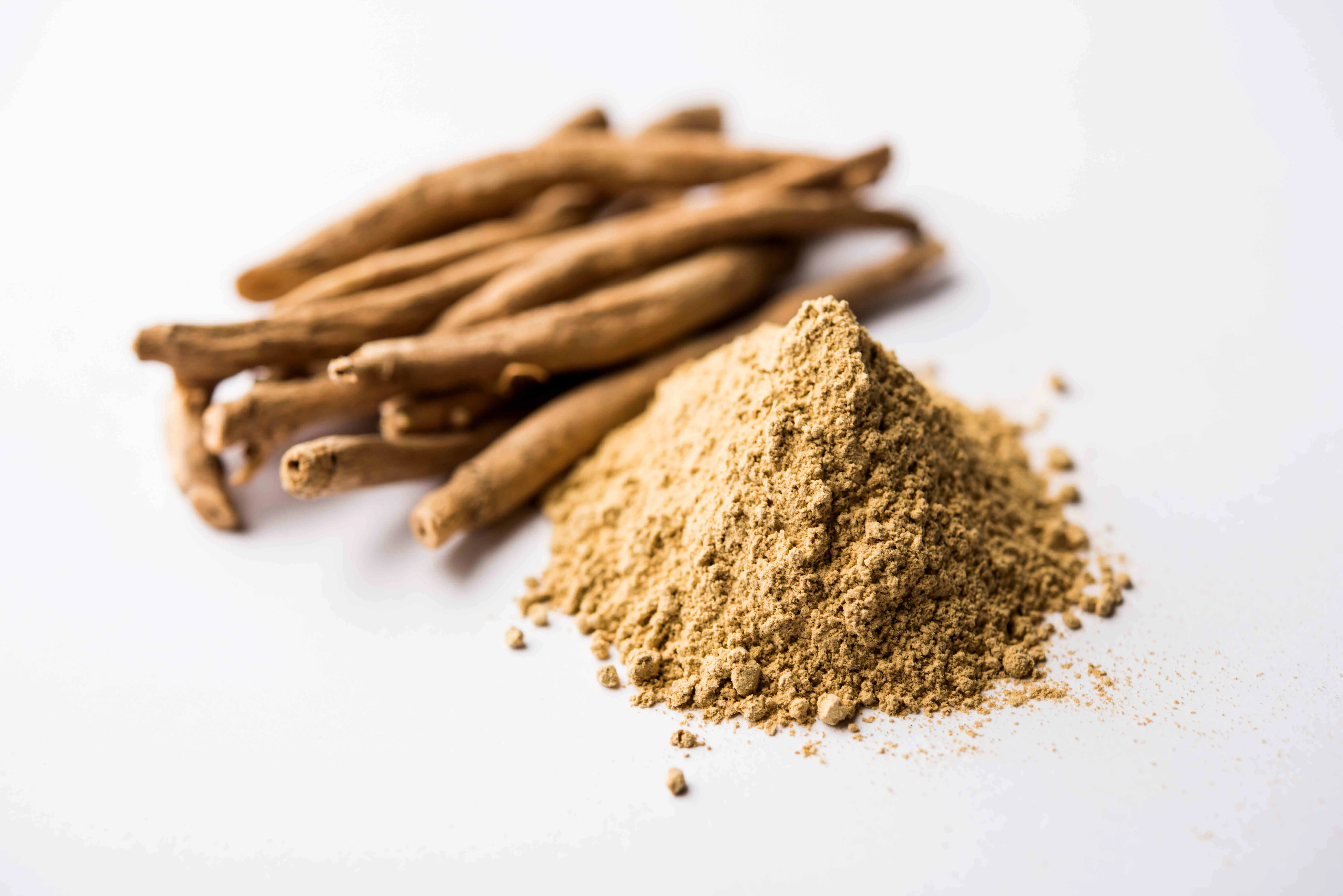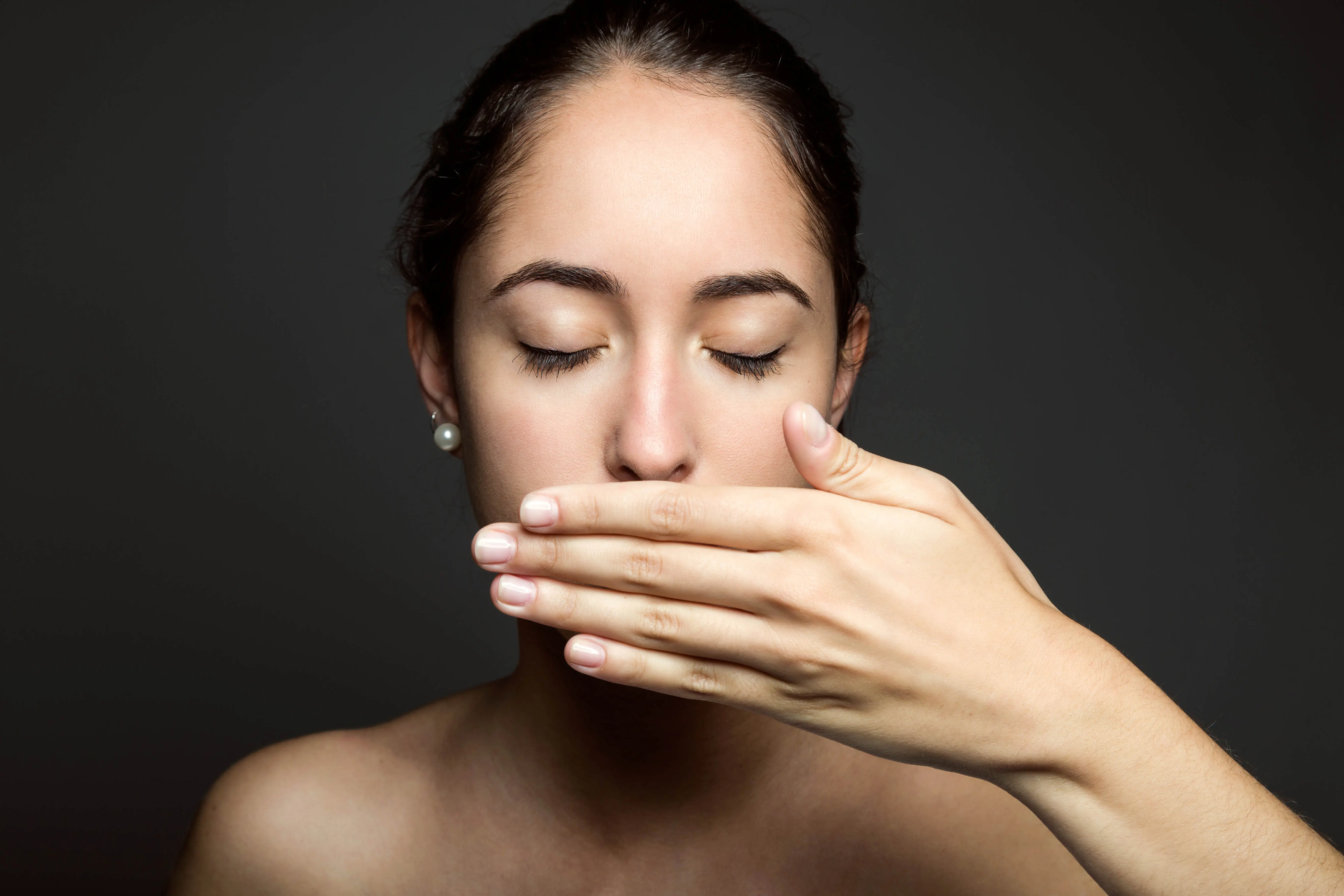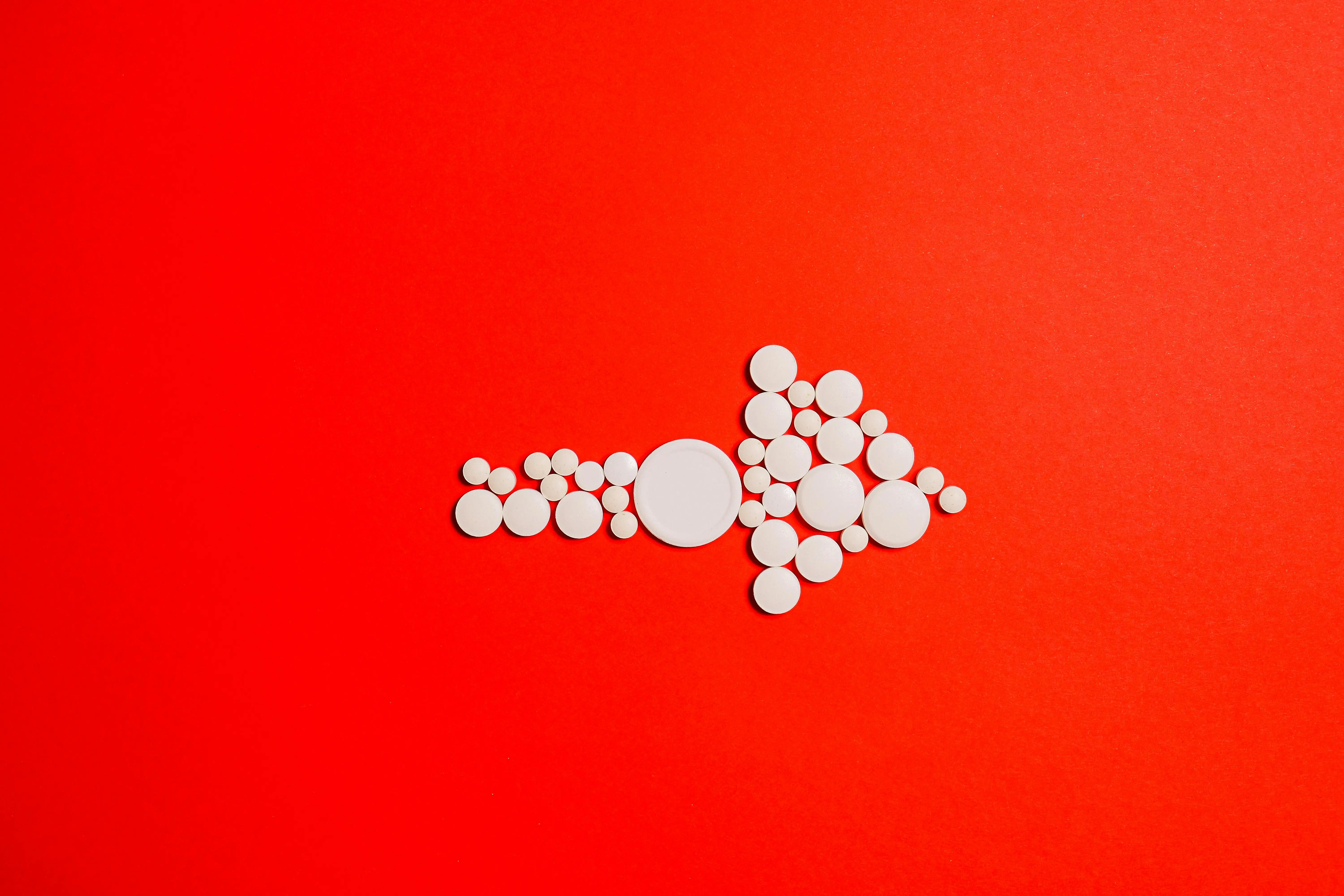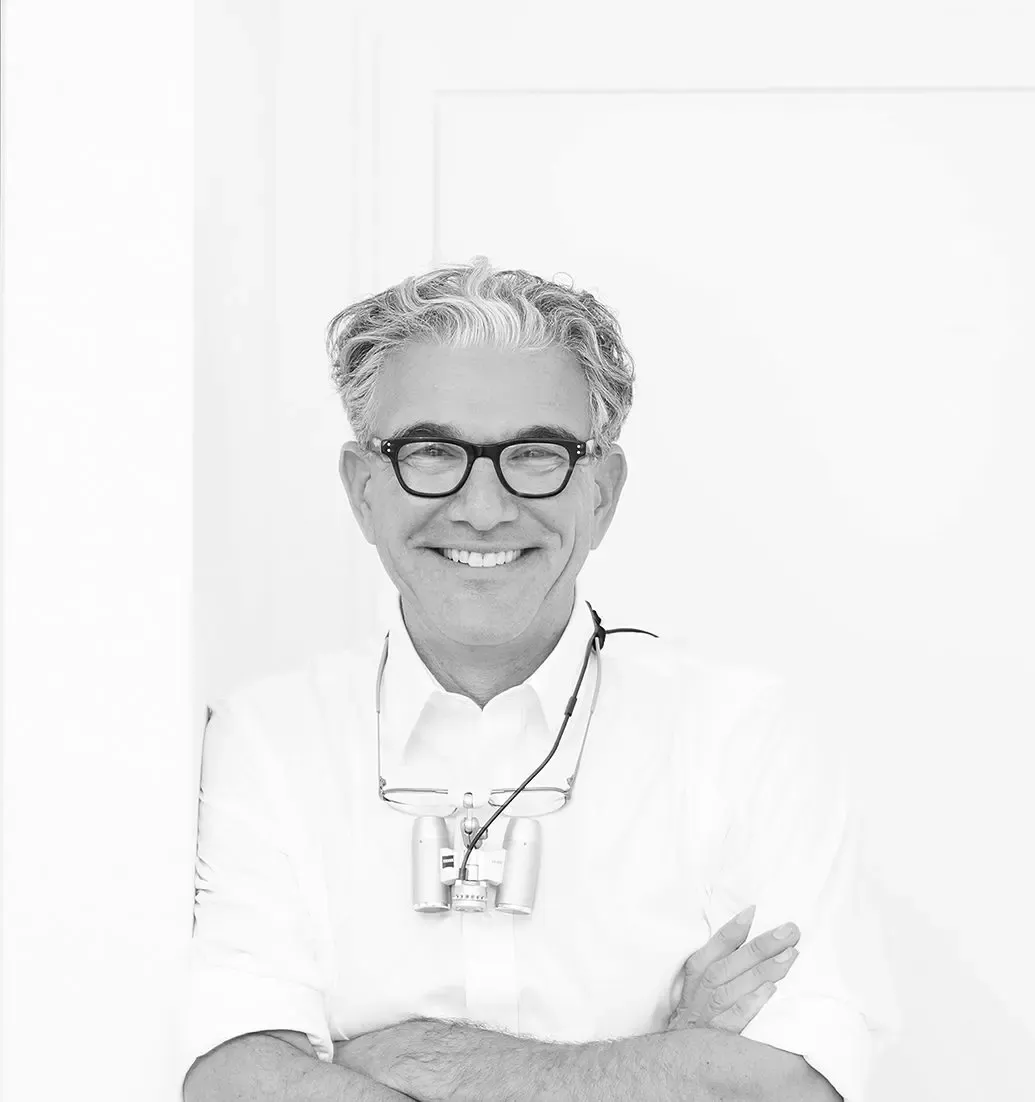The 2000-year-old Indian teaching of Ayurveda uses oil for forehead pours, deep massages, and as Gandusha, oil pulling. The list of symptoms and diseases that can be cured by a tablespoon of ghee, coconut, or sesame oil in the mouth is long and ranges from asthma over eczema and heart problems to stomach ulcers and rheumatism .
Oil pulling – what is it?
Today, people who are into morning rituals and white teeth swear by it. on the use of fat plus plenty of facial expressions: The vegetable oil is moved around the mouth, chewed, pulled through the teeth, pressed from left to right cheek, and finally spat out for ten to twenty minutes.
The procedure, according to the idea, serves primarily as a prophylactic against caries , periodontitis , inflammation of the gums and a natural alternative to bleaching. A miracle? Or rather hype and humbug?
Science journalist Dr. Mai Thi Nguyen-Kim examined the promises on her YouTube channel and says: "There are indeed established connections between dental and body health: periodontitis, for example, is associated with an increased risk of heart disease and diabetes because inflammation in the mouth also burdens the body and bacteria can also reach other organs through the bloodstream. However, there is no valid study yet that proves a positive effect of oil pulling on other diseases."
What does oil pulling do?
The situation is different with benefits for the oral cavity. The assumption is that the antioxidant properties of the oils - especially sesame oil with its high lignan content - interact with bad bacteria, slowing their growth and reducing gum inflammation.
The viscous property of the oil also plays a role because it coats surfaces and prevents bacteria from settling and multiplying there. There are at least a few randomized studies that have examined its effects on plaque and gums, cavity-causing bacteria (Streptococcus mutans), and bad breath.
